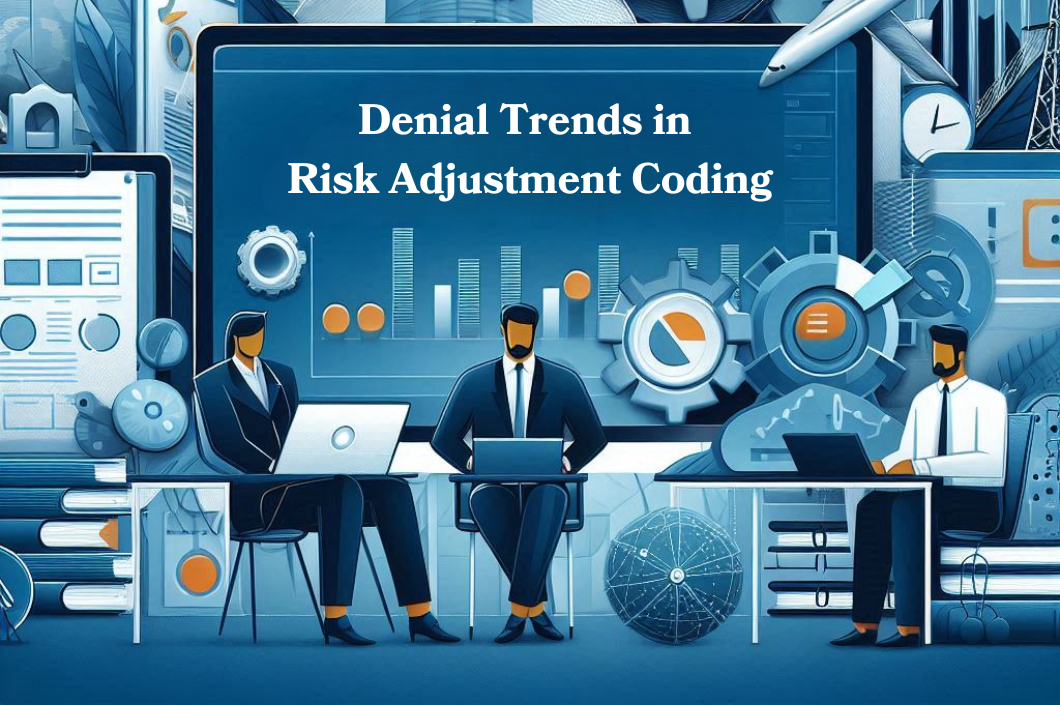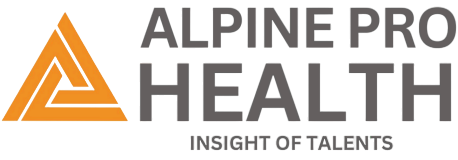In the world of healthcare, accurate coding is the backbone of proper reimbursements and efficient operations. Risk Adjustment coding, especially with its reliance on Hierarchical Condition Categories (HCCs), plays a critical role in ensuring that providers and payers operate within the parameters of compliance and efficiency. However, one of the recurring challenges in this space involves denials related to risk adjustment coding. Understanding these denial trends and addressing them proactively is vital for sustained success.
Understanding Risk Adjustment and Its Importance
In the realm of Risk Adjustment, precision is key. Accurate coding not only helps reflect the true health status of patients but also plays a significant role in maintaining compliance and securing rightful reimbursements. For those involved in HCC Medicare programs, the stakes are even higher. Errors in HCC diagnosis codes or incomplete documentation can lead to claim denials, financial setbacks, and potential compliance concerns, underlining the importance of getting it right from the start.
Key Denial Trends in Risk Adjustment Coding
Denials in HCC coding often stem from various challenges in documentation, coding precision, and payer-specific requirements. Let’s delve into some of the most common trends in this area:
1. Incomplete Documentation
One of the leading causes of denials in HCC Medical Coding is incomplete or insufficient documentation. Coders rely heavily on detailed physician notes to accurately capture conditions that fall under HCCs. Without thorough documentation, critical diagnoses may be missed, leading to incomplete submission and subsequent denials.
2. Incorrect or Misused HCC Diagnosis Codes
The use of incorrect HCC diagnosis code continues to be a common challenge. Coders sometimes inadvertently assign codes that do not match the provider’s documentation or patient’s clinical profile, triggering denials. This often occurs due to a lack of understanding of HCC-specific coding guidelines.
3. Lack of Annual Updates
The guidelines for HCC coding and risk adjustment are updated annually by CMS. Failing to stay current with these changes can result in the use of outdated codes or practices, which leads to denials and potential non-compliance issues.
4. Missed HCCs
In risk adjustment coding, certain HCCs carry more weight than others. Missing these key categories not only affects the RAF scores but can also result in denial of claims due to coding inaccuracies. Coders need to ensure they account for all relevant conditions supported by documentation.
5. Coding for Non-Supported Diagnoses
Denials frequently arise when diagnoses are coded without sufficient clinical evidence in the patient’s medical record. Payers often reject these claims during audits, emphasizing the importance of compliance and accurate reporting.
Impact of Denials in HCC Medicare Programs
Denials in HCC Medicare programs can have far-reaching effects on organizations. Not only do they lead to delayed or reduced reimbursements, but they can also disrupt cash flow and strain operational efficiency. Additionally, high denial rates can indicate gaps in internal processes, training, or adherence to compliance requirements.
For example:
- Frequent denials may increase the need for costly rework and resubmissions.
- Payers may flag organizations for audits, increasing administrative burden and Financial Risk.
- RAF scores may inaccurately reflect patient populations, leading to underfunding for high-risk patients.
How to Mitigate Denials in Risk Adjustment Coding
To tackle these challenges and minimize denials, healthcare organizations must adopt proactive measures that address root causes. Here are some effective strategies:
1. Invest in Comprehensive Training
Providing coders and healthcare providers with thorough training on HCC medical coding guidelines is essential. Training should focus on understanding documentation requirements, common denial trends, and annual updates from CMS.
2. Implement Advanced Technology Solutions
Leveraging AI-based tools and software can improve accuracy in HCC coding and reduce errors. These tools assist in identifying coding gaps, validating diagnoses, and ensuring compliance with payer requirements.
3. Conduct Regular Audits
Routine audits of coding practices help organizations identify potential issues and correct errors before submission. Audits also provide insights into patterns of denials, enabling targeted interventions.
4. Foster Collaboration Between Coders and Providers
Encouraging open communication between coders and healthcare providers can improve documentation practices. Providers should be trained to document diagnoses comprehensively and consistently to support accurate coding.
5. Stay Updated with Guidelines
Ensuring that coding teams are familiar with the latest changes in risk adjustment policies can reduce errors and improve submission rates. Regular updates and training sessions can help organizations stay ahead of evolving requirements.
Future of Risk Adjustment Coding
As healthcare continues to evolve, the importance of precise HCC coding and accurate risk adjustment practices will only grow. Organizations must remain vigilant in addressing denial trends and embracing innovations that enhance efficiency and accuracy.
By investing in advanced technologies, fostering provider collaboration, and prioritizing HCC Coding Compliance, healthcare providers can overcome the challenges of denials and ensure a sustainable future in risk adjustment coding.
Conclusion
In conclusion, the rise of denials in Hcc coding highlights the need for healthcare organizations to prioritize accuracy, compliance, and collaboration. With the ever-evolving nature of HCC coding & HCC Medicare guidelines, staying updated and proactive is crucial to overcoming these challenges. By investing in provider education, adopting advanced technologies, and conducting regular audits, organizations can minimize denial rates and optimize HCC diagnosis codes to reflect true patient complexity. As the healthcare landscape continues to advance, these efforts not only ensure better financial outcomes but also support improved patient care and operational efficiency. A strategic, detail-oriented approach will remain the cornerstone of success in tackling denial trends and thriving in this critical aspect of healthcare.


